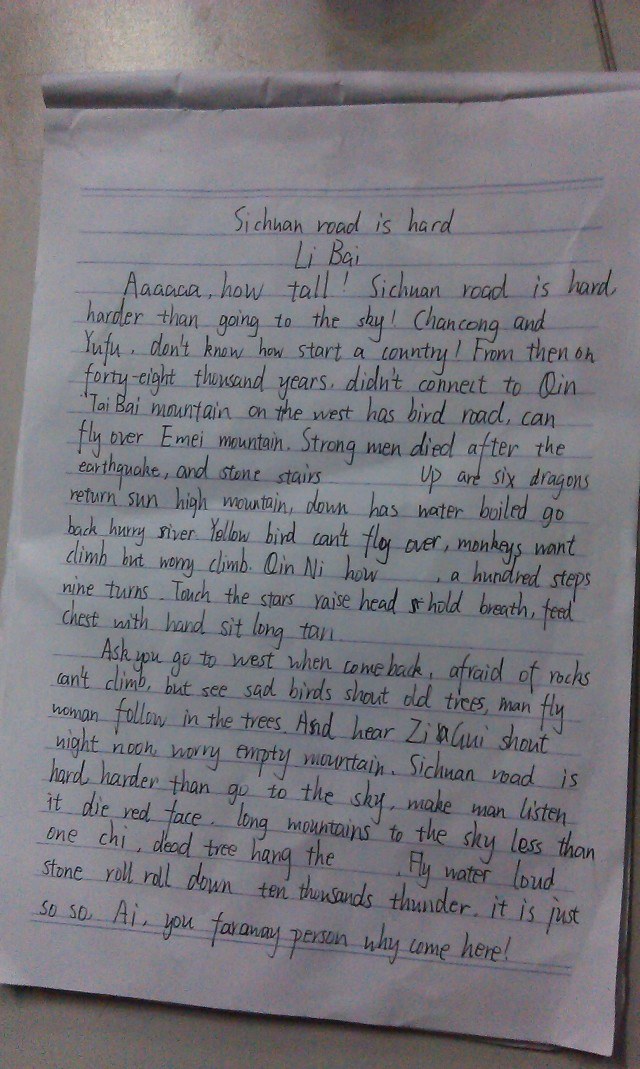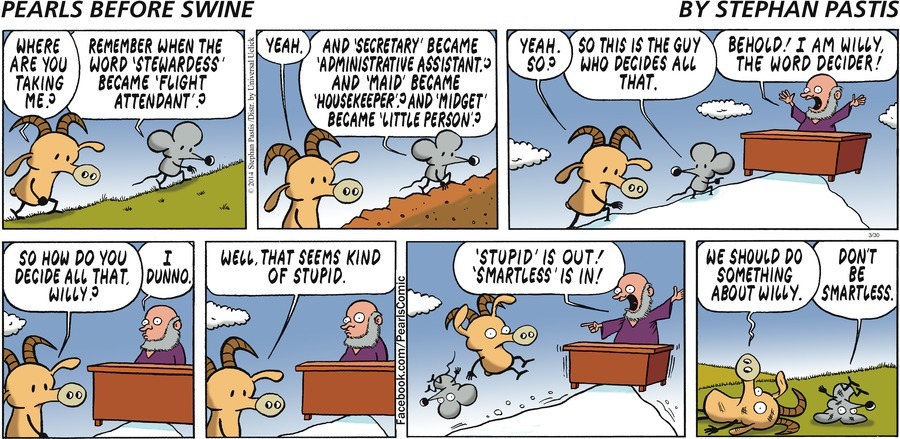The future of Chinese language learning is now
When I began learning Mandarin nearly half a century ago, I knew exactly how I wanted to acquire proficiency in the language. Nobody had to tell me how to do this; I knew it instinctively. The main features of my desired regimen would be to:
1. pay little or no attention to memorizing characters (I would have been content with actively mastering 25 or so very high frequency characters and passively recognizing at most a hundred or so high frequency characters during the first year)
2. focus on pronunciation, vocabulary, grammar, particles, morphology, syntax, idioms, patterns, constructions, sentence structure, rhythm, prosody, and so forth — real language, not the script
3. read massive amounts of texts in Romanization and, if possible later on (after about half a year when I had the basics of the language nailed down), in character texts that would be phonetically annotated
Read the rest of this entry »

